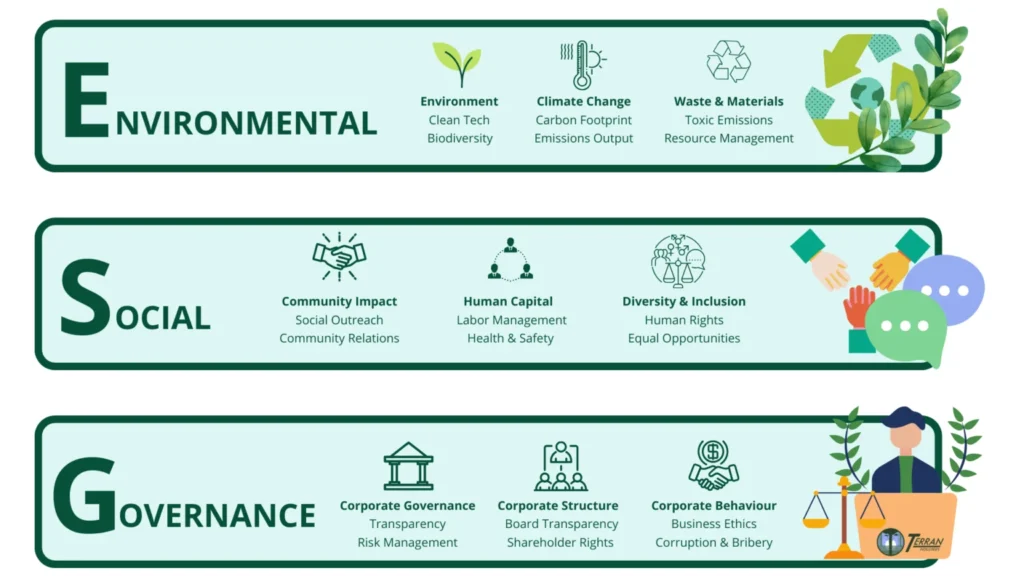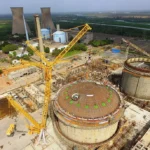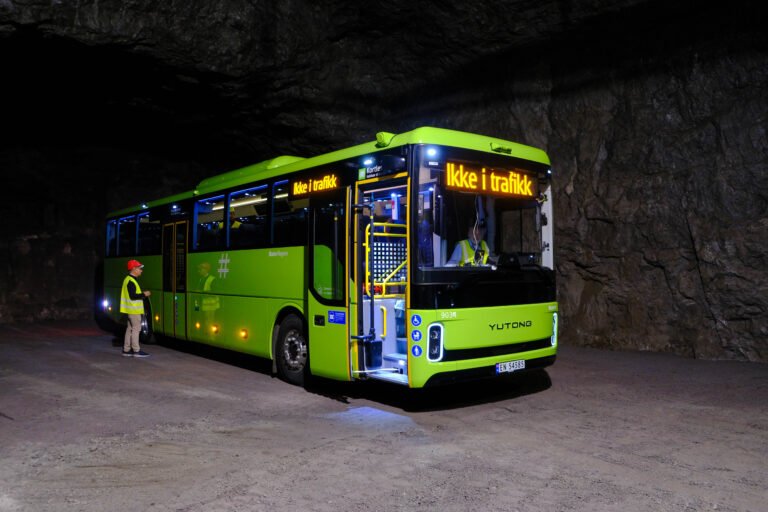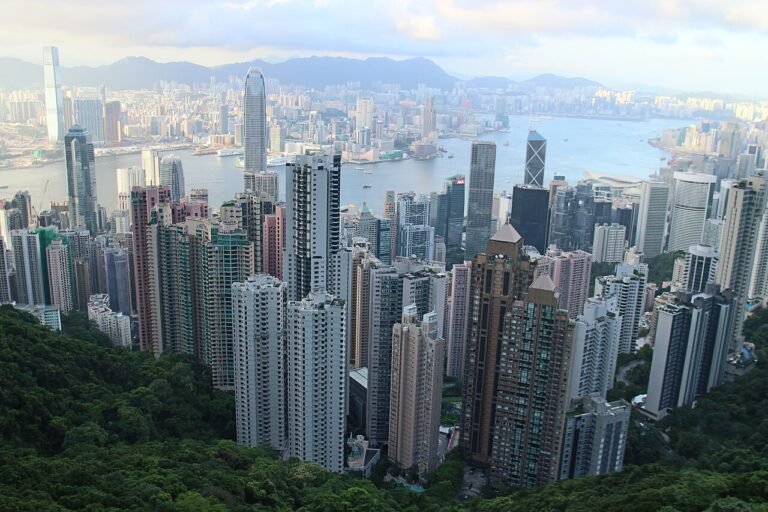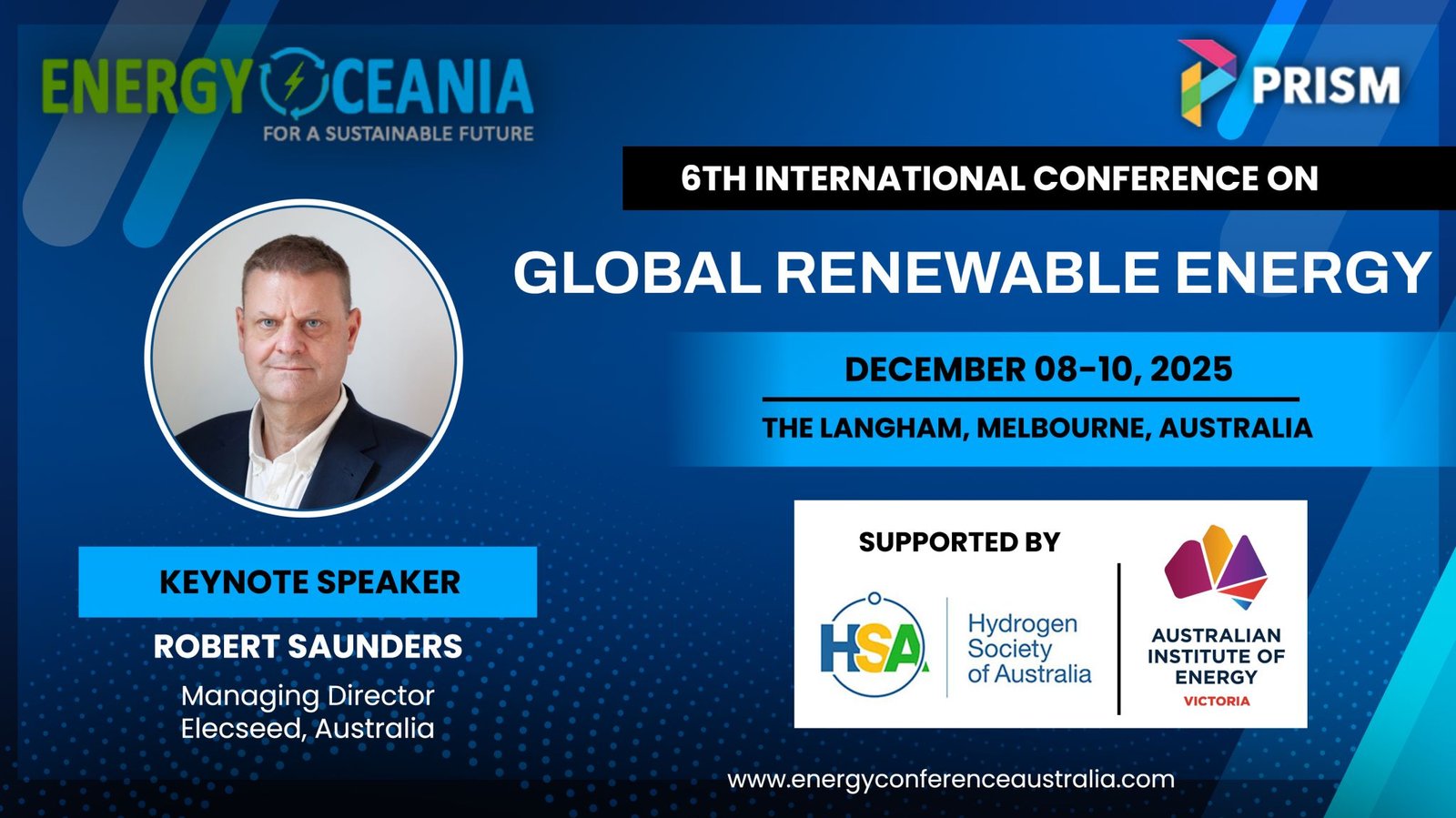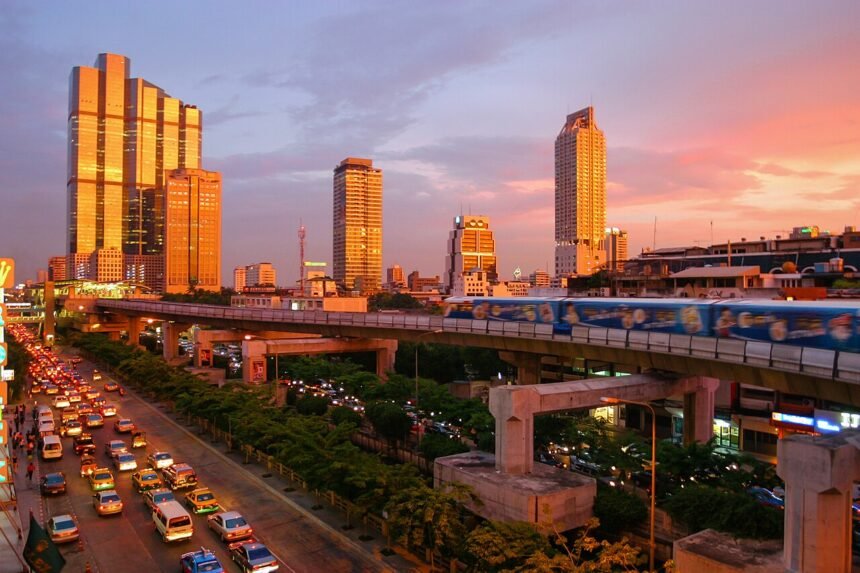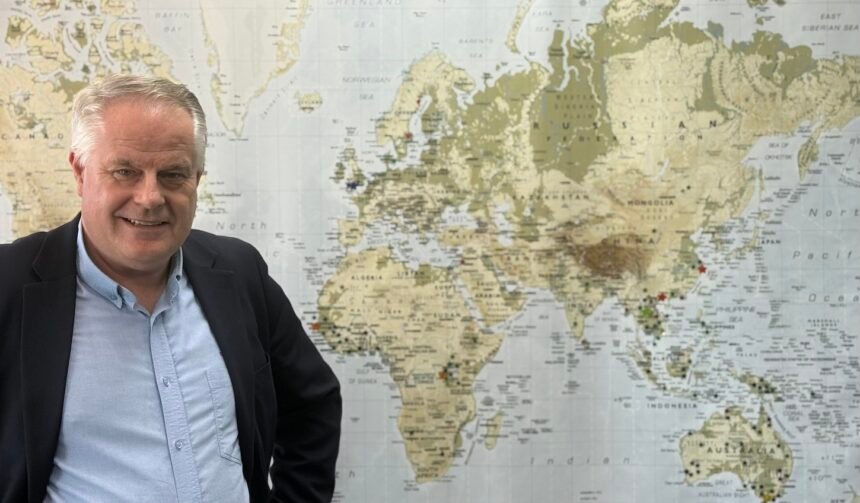A recent 2023 report revealed that 60% of all global emissions are generated by consumer supply chains.
In an era marked by growing environmental consciousness, supply chains have become the target of activists and legislators as their global impact becomes increasingly transparent. A 2023 report revealed that 60% of all global emissions are generated by consumer supply chains. Of this percentage, McKinsey has calculated that Scope 3 emissions are 4-6x higher than Scope 1 and 2 emissions combined. With supply chains accounting for such a large portion of overall emissions, decarbonising the sector with a particular focus on Scope 3 is a key starting point for intervention.

Sustainable supply chains differ from traditional supply chain models because they integrate end-to-end practices that are socially and environmentally responsible.
Therefore, playing a critical role in balancing environmental stewardship, economic viability, and social equity among all actors. These measures protect both the environments in which sourcing and production occur and the people producing and consuming goods — who are always at the heart of any business.
The changes required to pivot towards a more sustainable supply chain also help suppliers at various levels to mitigate risk, enhance resiliency, and improve their brand reputation and investor confidence.
New legislation is emerging each year, shifting from traditional free-market trade to an international market overseen by environmental, social, and governance (ESG) principles. As supply chain sustainability comes under intensifying scrutiny by governments and consumers around the world, businesses can gain a competitive advantage by making proactive changes towards what will soon be commonplace decisions and reporting.
The Australasian trade corridor – which covers Australia, New Zealand, and some Pacific islands – has seen several sustainability reporting frameworks emerge in the past decade. From Singapore’s mandatory Singapore Exchange (SGX) Sustainability Reporting Guide to Australia’s Modern Slavery Act, these guidelines are underpinned by ESG principles that aim to track environmental impact, reduce emissions, and eliminate the abuse of workers.
While, China, Japan, Taiwan, and Thailand have joined Singapore in requiring sustainability reporting and climate-related disclosures – international-level standards such as the Global Reporting Initiative and the Carbon Disclosure Project are exemplary in leading frameworks from which many national reporting frameworks are inspired.
Aiming to demystify the reporting and ESG space, Terran Industries is one of a handful of leaders emerging at the forefront of the sustainability strategy and reporting wave. Their global team of experts share policy, technology, and reporting knowledge to offer full-circle ESG solutions. From meeting global guidelines to increasing supply chain sustainability and resiliency with their network of sustainable solutions, Terran Industries guides businesses on the path to sustainable and responsible practices.
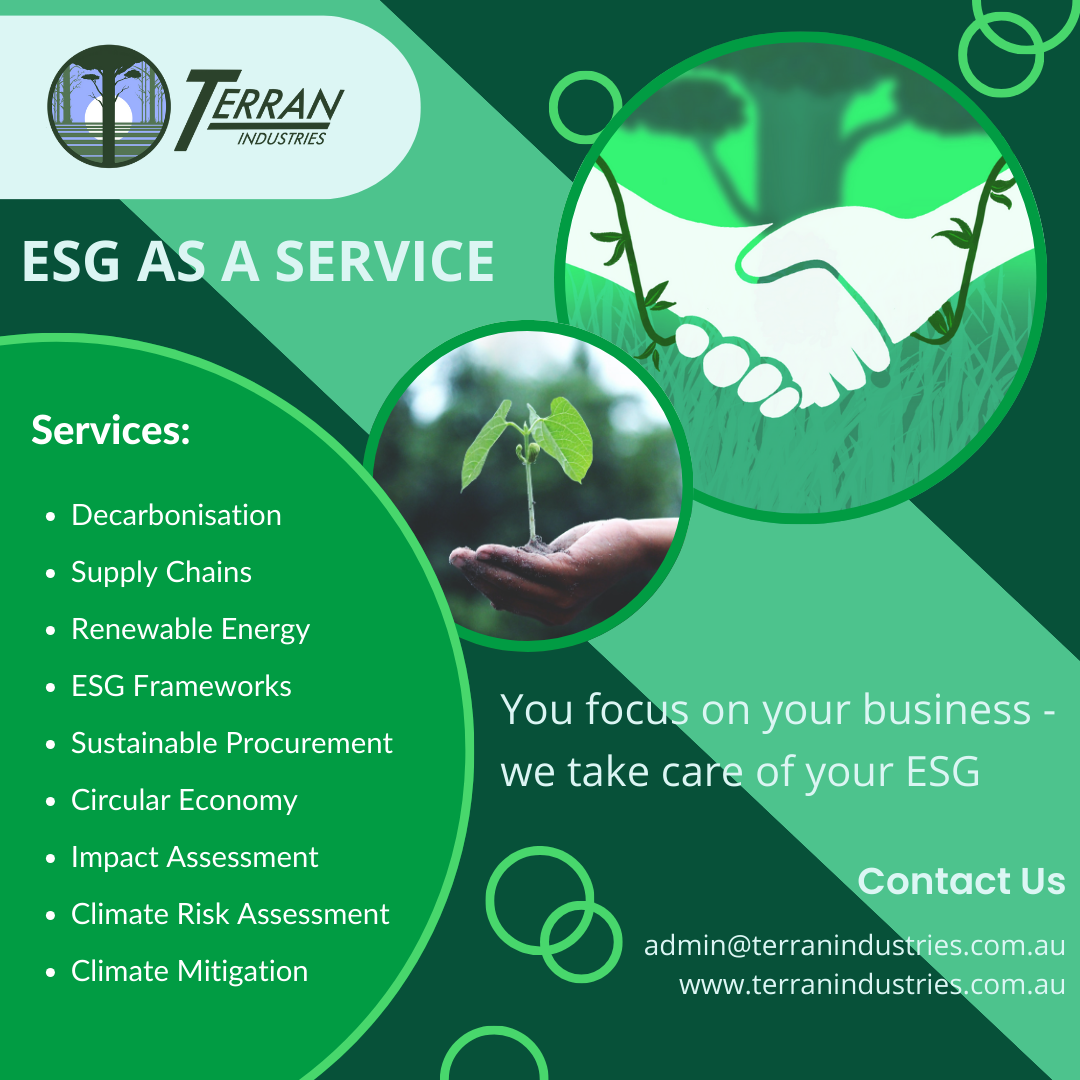
To learn more about Terran Industries and our comprehensive array of sustainable solutions
please contact us and follow us on LinkedIn.
Contributor: Kate Rocchio, Chief Impact Officer at Terran Industries

